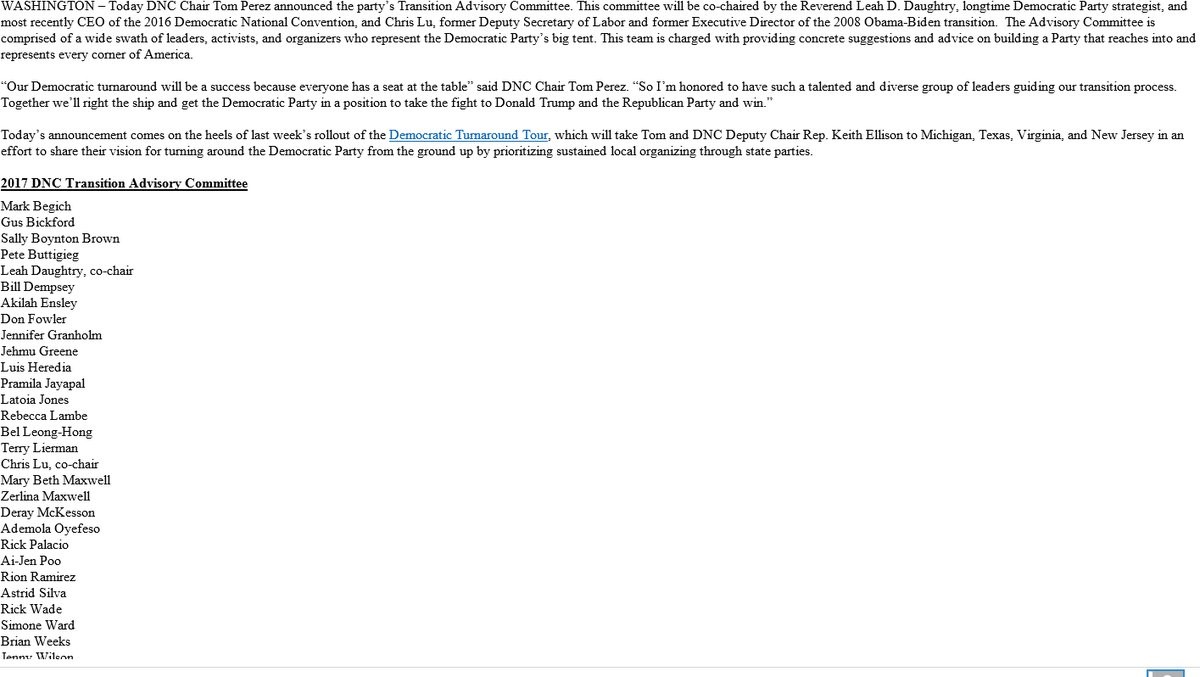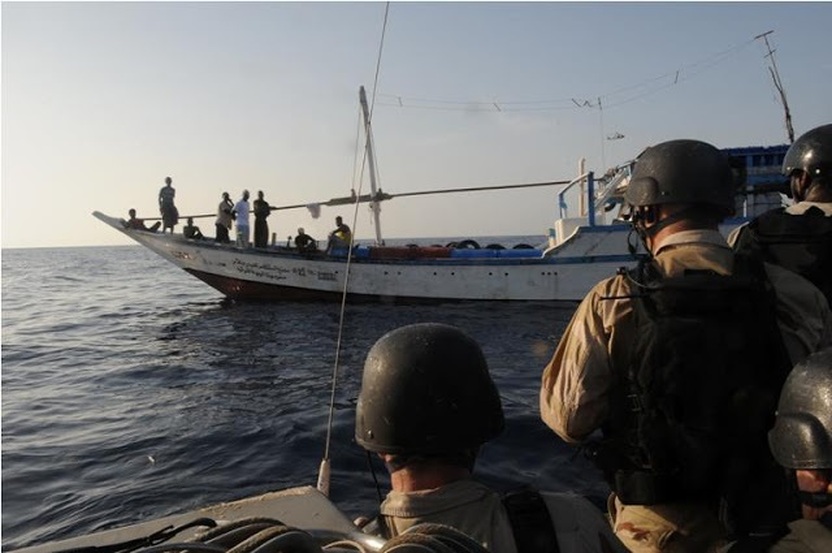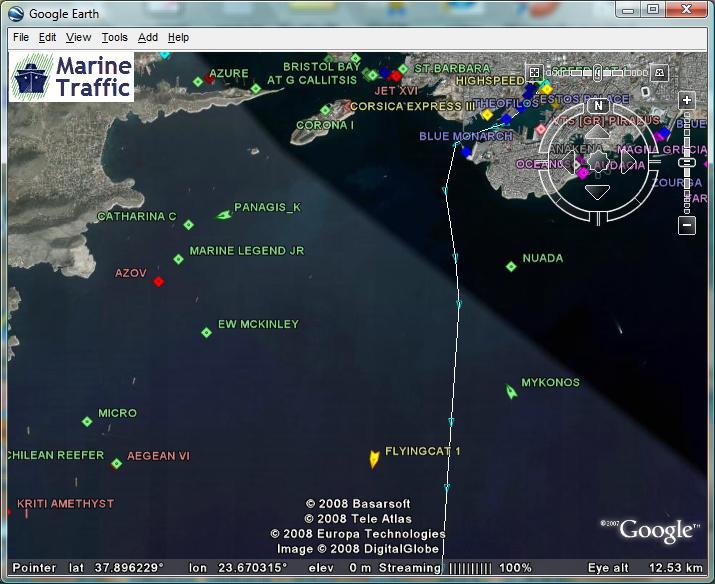We witnessed the Flint, Michigan water crisis, where it was just safe to drink and few cared until they did. The water crisis goes far beyond Michigan where drinking water and water for showers, cooking and washing clothes is just not safe. Gray or used water is scooped to flush toilets. Where you ask? California and it was not due to the 5 year drought. The crisis goes beyond California, it is in Arizona and the corn/wheat belt in the middle of the country.
Really? How does globalism fit into the issue?
Big corporations, Wall Street and Hedge Funds as well as Saudi Arabia and Qatar are part of the crisis.
Individual farmers and small agriculture business has faded away, sold out to big Agri-corporations where offers to buy the land is a cover as the water and aquifers are more valuable. Water is the new gold or oil. Urban and suburban areas, just plain people are paying the price to save water for the sake of water to be available for bigger operations. In fact it is so bad, domestic and foreign interests are pumping water in one location and transferring via privately owned pipe to locations up to and perhaps more than 100 miles away.
When it comes to the EPA controlling water access and use, the agency was not wrong but it was actually wrong for reasons far beyond the headlines. The EPA is protecting, controlling and managing water not for the individual but rather for Wall Street firms and foreign investments.
The EPA is not the only agency, it includes the Department of Agriculture. Trump’s nominee for Secretary of Agriculture, Sonny Perdue has not yet been confirmed however Scott Pruitt has been confirmed as Secretary of the EPA.
Saudi Arabia
Exports of U.S. food and agricultural products to Saudi Arabia reached a record
$1.5 billion in fiscal year 2014. Major exports include coarse grains, soybeans, dairy products, and vegetable oils.
In September 2012, the United States signed a trade and investment framework agreement (TIFA) with the Gulf Cooperation Council (which includes Saudi Arabia, as well as the United Arab Emirates, Kuwait, Qatar, Oman and Bahrain) to continue expanding and liberalizing trade relations. More here.
Trade is a good thing for sure for farmers but the little guy is shut out of the trade system due to access of water and volume. The United States is feeding the Middle East.
The Office of Agricultural Affairs (OAA) is part of the U.S. Department of Agriculture’s Foreign Agricultural Service (FAS), which has 93 offices covering 171 countries
OAA promotes and facilitates exports of U.S. agricultural products to Saudi Arabia and Bahrain.
OAA promotes exports of U.S. agricultural products by:
- Conducting and participating in market development activities with non-profit U.S. high value food product and commodity trade associations.
- Hosting trade promotion events.
- Identifying possible opportunities for U.S. products, and placing potential importers in contact with U.S. exporters.
- Recruiting representatives of Saudi food and agricultural product importers to attend major regional and U.S. based food and agricultural shows.
- Providing match making and trade lead services.
OAA facilitates the export of U.S. agricultural products by:
- Reporting on market opportunities and conditions.
- Resolving trade policy issues by working with the governments of the Kingdom of Saudi Arabia and Bahrain, and with the Gulf Standardization Organization (GSO).
- Counseling and informing exporters and importers of U.S. agricultural products.
- Developing and maintaining contacts in the food, logistics and agriculture sectors.
- Coordinating workshops, technical seminars, and other events with non-profit U.S. commodity trade associations and other organizations.
***
The Middle Eastern kingdom, Saudi Arabia, needs hay for its 170,000 cows. So, it’s buying up farmland for the water-chugging crop in the drought-stricken American Southwest. 14,000 acres to be exact. Almarai Co. bought land in January that roughly doubled its holdings in California’s Palo Verde Valley, an area that enjoys first dibs on water from the Colorado River. The company also acquired a large tract near Vicksburg, Arizona, becoming a powerful economic force in a region that has fewer well-pumping restrictions than other parts of the state.
“Southern California and Arizona have good water rights. Who knows if that will change, but that’s the way things are now,” said Daniel Putnam, an agronomist at the University of California, Davis.
Over the last decade, Saudi Arabia and the United Arab Emirates emerged as significant buyers of American hay as their governments moved to curb water use. Together they accounted for 10 percent of U.S. exports of alfalfa and other grasses last year.
The land purchases signal that Almarai doesn’t just want to buy hay; it wants to grow. And it’s not the only Arab-owned Gulf company to take that approach.
Al Dahra ACX Global Inc., a top U.S. hay exporter based in Bakersfield, California, is owned by Al Dahra Agriculture Co. of United Arab Emirates. It farms extensively in Southern California and Arizona and, according to its website, plans to add 7,500 acres in the United States for alfalfa and other crops. The exporter packages crops grown across the West at its two plants in California and one in Washington state.
Most of the farms that Arab companies own worldwide are in developing nations. For instance, Qatar’s sovereign wealth fund has holdings in Latin America and Africa.
But part of the kingdom’s long-term food security strategy means investing in higher-cost countries with greater political stability, said John Lawton, owner of Agriculture Technology Co., a farming company in Saudi Arabia. More here from CSMonitor.
*** What about household use of water that is not drinkable?
The problem is that the groundwater it is using is unsafe for nearly 800,000 residents, according to the state’s water resources control board, because of longtime contamination from nitrates and arsenic.
That’s meant less drinkable water in California’s struggle to survive more than three years of severely dry weather.
“Most areas affected by contamination don’t have surface water supplies so they have to find new groundwater sources,” said Kurt Souza, a branch chief of the division of drinking water at the California State Water Resources Control Board.
“But that’s not always easy to do,” Souza added. “Sometimes you can find new ground locations for water and sometimes you can’t.”
The lack of rain and subsequent heavy demand on ground wells—which are also facing supply problems—is making a bad situation worse, said Sara Aminzadeh, executive director of the California Coastkeeper Alliance, a statewide advocacy group for safe water. According to the state water resources study, unsafe levels of arsenic are the top contaminant in groundwater supplies, followed by nitrates.
Nitrates are most often traced to farming chemicals and animal waste. Arsenic is found naturally in soil and rock in much of the world and seeps into groundwater.
Chronic low exposure to arsenic has been traced to respiratory problems in children and adults as well as having links to diabetes, cardiovascular diseases and cancers of the skin. More here from NBC, video included.
For more confusion on the shadiness of the whole thing, here are a few additional items. If it is going on in California, perhaps we need to investigate and ask the same questions in other farming regions of the country. Then perhaps we need deeper research out of the EPA and the Department of Agriculture where most of this gained additional traction and success under the Obama administration.
By the way, it was never really about that pesky Delta Smelt fish that the other environmentalists were trying to protect. That was a cover story.
- The Monterey Amendment: Monterey Amendment ended up in court, challenged by the Planning and Conservation League, Citizens Planning Association of Santa Barbara County, and a small SWP contractor, the Plumas County Flood Control and Water Conservation District.In 2000, a state appeals court agreed with the challengers that the Environmental Impact Report for the amendment did not analyze provisions for completion of the SWP or permanent water shortages.
In 2003, a settlement was reached that called for preparation of a new EIR, more detailed reporting of the project’s actual delivery capability and public participation on any project amendments.
DWR in 2007 released a draft EIR, which discusses the project alternatives, growth inducement, water supply reliability, as well as potential areas of controversy and concern. The final EIR was released in 2009. DWR decided to continue to operate the SWP under the existing Monterey Amendment to the SWP long-term water supply contracts, including the Kern Water Bank transfer, and under the Settlement Agreement entered in PCL v. DWR. DWR’s decision was challenged by two groups of plaintiffs on issues relating to the adequacy of the EIR and the validity of the Monterey Amendment. The cases are currently being heard by the trial court. Final resolution of the issues is likely to take a number of years.
- Roll International Corporation/Kern Water Bank: The Wonderful Company LLC, formerly known as Roll Global, is a private corporation based in Los Angeles, California. With revenues of over $4.8 billion,[1] it functions as a holding company for Stewart and Lynda Resnick, and as such is a vehicle for their personal investments in a number of businesses. The company currently counts as business divisions the following brands: flower delivery service Teleflora, juice company POM Wonderful, bottled water company FIJI Water, Wonderful Pistachios and Wonderful Almonds (formerly Paramount Farms), Wonderful Citrus (formerly Paramount Citrus), sea freight company Neptune Pacific Line, JUSTIN Vineyards and Winery, pest control company Suterra, and in-house marketing agency Wonderful Agency
- Paramount Farming: Paramount Farming Company, LLC produces almonds, pistachios, and pomegranates in California. It also offers pomegranate, mango, tangerine, blueberry, and cherry juices. The company was founded in 1986 and is headquartered in Bakersfield, California. Paramount Farming Company, LLC operates as a subsidiary of Roll International Corporation.
- Westside Mutual Water Co., LLC.
- IN 2014, California will establish statewide management of water pumped from the ground, under legislation signed Tuesday by Gov. Jerry Brown. This really limits household usage and benefits big farming entities.
- California is sinking even faster than scientists had thought, new NASA satellite imagery shows. Some areas of the Golden State are sinking more than 2 inches (5.1 centimeters) per month, the imagery reveals. Though the sinking, called subsidence, has long been a problem in California, the rate is accelerating because the state’s extreme drought is fueling voracious groundwater pumping.

New NASA imagery reveals that parts of California are sinking at an astonishing rate, with some parts of the San Joaquin Valley sinking as much as 2 inches per month.
Credit: Canadian Space Agency/NASA/JPL-Caltech
Editor’s Note: This story was updated at 2:00 p.m. E.T.
California is sinking even faster than scientists had thought, new NASA satellite imagery shows.
Some areas of the Golden State are sinking more than 2 inches (5.1 centimeters) per month, the imagery reveals. Though the sinking, called subsidence, has long been a problem in California, the rate is accelerating because the state’s extreme drought is fueling voracious groundwater pumping. ![]()
“Because of increased pumping, groundwater levels are reaching record lows — up to 100 feet (30 meters) lower than previous records,” Mark Cowin, director of California’s Department of Water Resources, said in a statement. “As extensive groundwater pumping continues, the land is sinking more rapidly, and this puts nearby infrastructure at greater risk of costly damage.” [It’s Raining Spiders! The Weirdest Effects of California’s Drought]
What’s more, this furious groundwater pumping could have long-term consequences. If the land shrinks too much, and for too long, it can permanently lose its ability to store groundwater, the researchers said.
The state’s sinking isn’t new: California has long suffered from subsidence, and some parts are now a few dozen feet lower than they were in 1925, according to the U.S. Geological Survey.
But the state’s worst drought on record — 97 percent of the state is facing moderate to exceptional drought — has only accelerated the trend. To quantify this accelerated sinking, researchers at the Department of Water Resources and NASA’s Jet Propulsion Laboratory in Pasadena, California, compared satellite imagery of California over time. Thanks to images taken from both satellites and airplanes using a remote-sensing technique called interferometric synthetic aperture radar (InSAR), which uses radar to measure elevation differences, researchers can now map changes in the surface height of the ground with incredible precision. For the current study, the team stitched together imagery from Japan’s satellite-based Phased Array type L-band Synthetic Aperture Radar and Canada’s Earth Observation satellite Radarsat-2, as well as NASA’s airplane-based Uninhabited Aerial Vehicle Synthetic Aperture Radar.
Certain hotspots are shrinking at an astonishing rate — regions of the Tulare Basin, which includes Fresno, sank 13 inches (33 cm) in just eight months, they found. The Sacramento Valley is sinking about 0.5 inches (1.3 cm) per month. And the California Aqueduct — an intricate network of pipes, canals and tunnels that funnels water from high in the Sierra Nevada mountains in northern and central California to Southern California — has sunk 12.5 inches (32 cm), and most of that was just in the past four months, according to the new study.
The unquenchable thirst for groundwater in certain regions is largely a result of agriculture: Most of the state’s agricultural production resides in the fast-sinking regions around some of the state’s most endangered river systems — the San Joaquin and Sacramento rivers. As the heat and lack of rainfall have depleted surface-water supplies, farmers have turned to groundwater to keep their crops afloat.
Subsidence isn’t just an aesthetic problem; bridges and highways can sink and crack in dangerous ways, and flood-control structures can be compromised. In the San Joaquin Valley, the sinking Earth has destroyed the outer shell around thousands of privately drilled wells.
“Groundwater acts as a savings account to provide supplies during drought, but the NASA report shows the consequences of excessive withdrawals as we head into the fifth year of historic drought,” Corwin said. “We will work together with counties, local water districts, and affected communities to identify ways to slow the rate of subsidence and protect vital infrastructure such as canals, pumping stations, bridges and wells.”

 BET
BET



 Haftar was protected by and lived in the U.S., becoming a citizen. We dispatched him to Libya to launch an interim government. Now he and Egypt both have turned to Russia for full control and support, Putin has complied, happily. John Kerry, Hillary Clinton and Barack Obama are not responding to calls on line 4. Hah…
Haftar was protected by and lived in the U.S., becoming a citizen. We dispatched him to Libya to launch an interim government. Now he and Egypt both have turned to Russia for full control and support, Putin has complied, happily. John Kerry, Hillary Clinton and Barack Obama are not responding to calls on line 4. Hah… Newsweek
Newsweek

